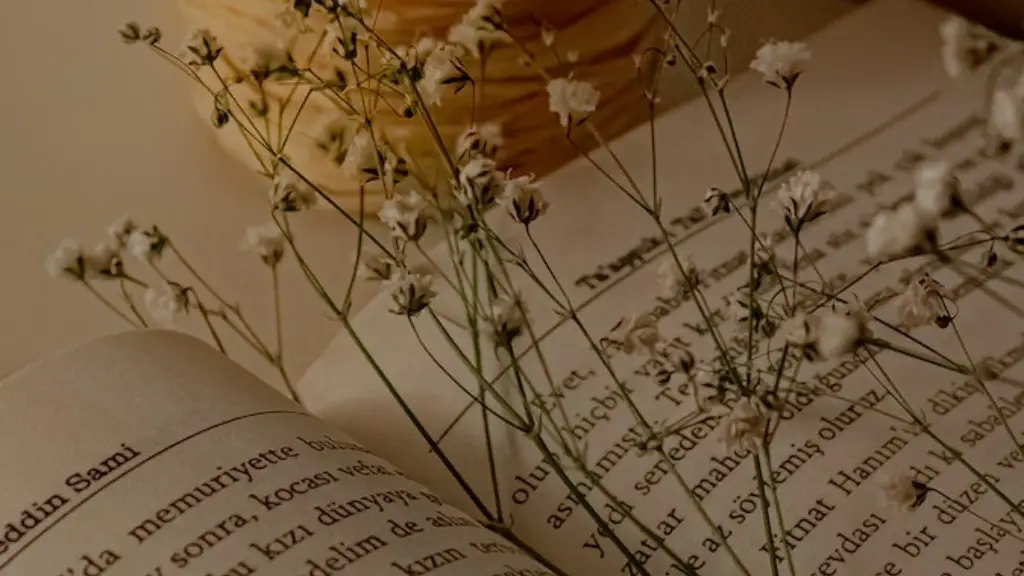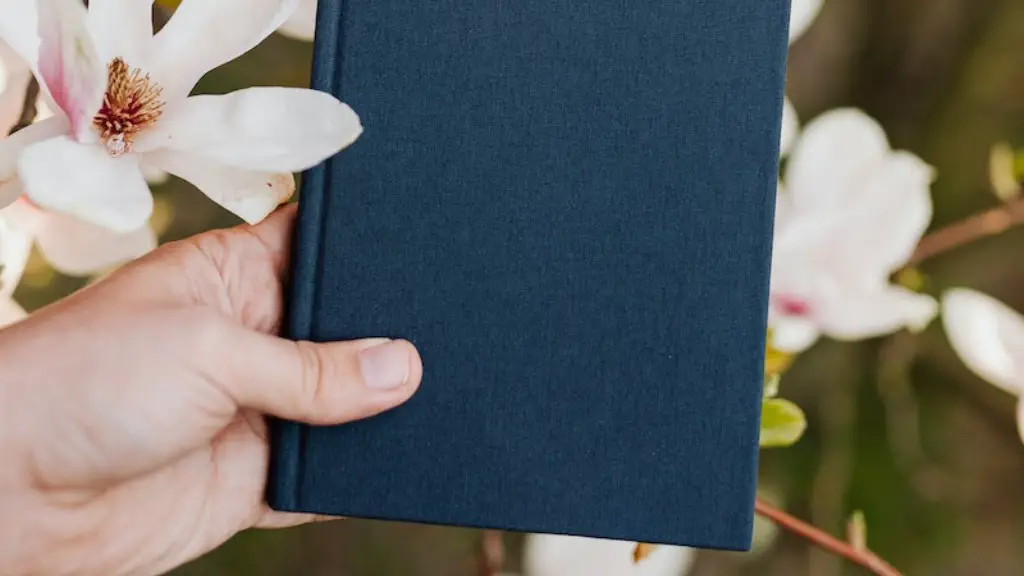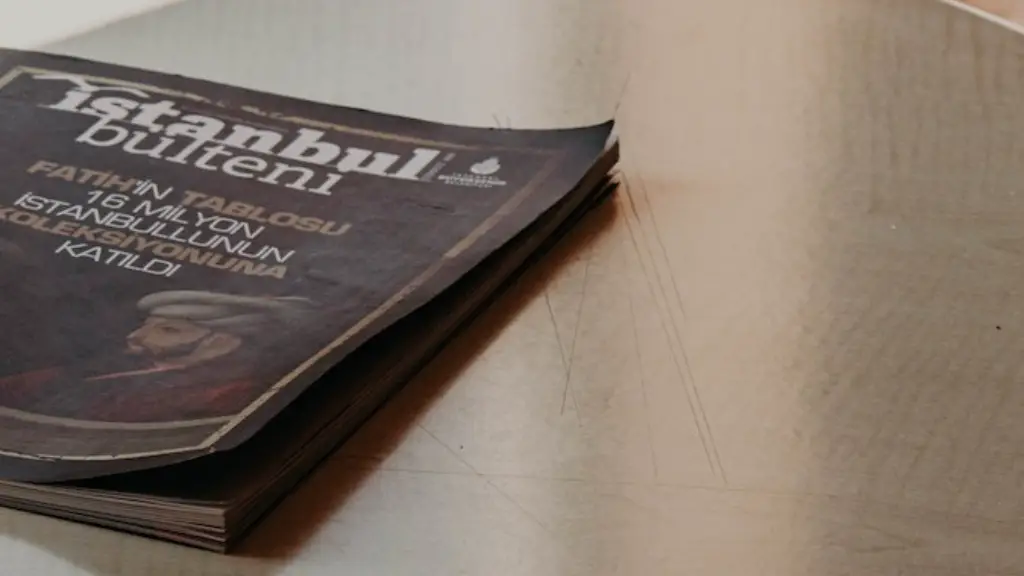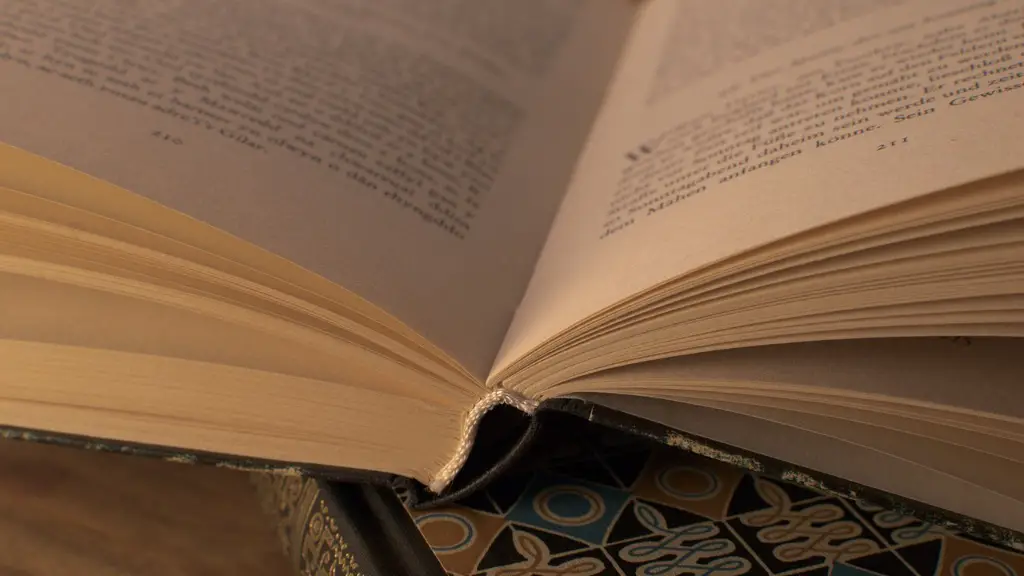Building an Outstanding Cover Letter
Writing an effective cover letter when submitting a poetry submission is an important step that should not be overlooked. It allows the editor or publisher to quickly understand what you are submitting and why it is suitable for their publication. Learning the necessary ingredients and executing them with poise will greatly improve the chances of getting your submission accepted.
Careful Planning
Before starting on your cover letter, it is important to have clarity in your submission. Know what kind of poems you are submitting, their common theme and the variety of styles and topics. Having this information in mind will help the editor understand why you are submitting the poems and how they are significant. Being able to describe your work in the way you have planned it will impress the editor and turn attention onto the quality of your work.
Know Your Medium
You should research the publishing platform that you are submitting to. That could be a magazine, a newspaper, a publishing house or an online journal. Knowing the style of the platform, the kind of stories and poems they take up and what the readership is like will help shape your cover letter. You could also read through some of the past submissions and try to replicate the tone in your own cover letter.
Gather the Details
Make sure to check the submission guidelines! Knowing how many poems you can send, the format they should be in and the deadline should be included in the cover letter. Not following these basic submission guidelines can turn away the editor quickly. Attaching a short biography is also a smart move. This may not be required, but adding a small introduction to the person behind the poems can give a more personal touch.
Creating a Convincing Argument
The cover letter is what sets you apart from other applicants and makes you stand out. It is important to be creative, concise and serious when discussing your work. Explain why you believe your work is ready to be published and the unique qualities it possesses, while also keeping in mind the guidelines of the platform. A combination of wit and talent is what the editor is looking for.
Polish your Language
The language used in the cover letter can be formal, but it should also be engaging. Try to make interesting points, use language that hums along in the reader’s mind and use simple yet pounding sentences. Asking a few friends to read your submission and providing feedback, or even getting a professional to do it, will help raise the level of your writing.
Explain the Collection
Your cover letter should include a brief explanation of the collection of poems you are submitting. How is it organised? Will the collection be a standalone piece or does it fit within a series? Presenting this kind of information about the collection can give the editor a better understanding of the range of your poetry and open them up to a potential wider audience.
Ending with Grace
The concluding paragraph of your cover letter should be polite, humble and provide any relevant contact details. Thank the editor for considering your submission and express your anticipation for any feedback they might have. Sincerely asking the editor to consider your writing might add some weight to your words.
Appealing Literary Credentials
The importance of your writing achievements and awards cannot be overstated. Mentioning the various accomplishments and awards you have achieved in your field can add to the persuasive power of your application. Attaching any earlier pieces of published work you have can also give the editor an idea of the kind of writing you do, as well as establish trust in your writing.
Marketing Your Poetry
Sending a well-crafted cover letter does not necessarily guarantee an acceptance of your submission. You need to exert some effort in marketing your poetry for it to be noticed. You could make use of the various social media platforms available to get your work out there or reach out to other poets in your field to share ideas and advice on your craft.
Nurturing Professional Relationships
Building relationships with editors and publishers is key to a successful poetry submission. While the quality of your poetry is the most deciding factor, having a previous working relationship with an editor or publisher can help your submission stand out. This kind of trust between you and the publishing platform can significantly improve your chances of getting your work accepted and even establish a continuous source of income.
Offering Writing Services
The ability to offer editorial or artistic services can be a compelling point in your cover letter. Being able to provide questions/answers regarding syntax, rhymes or grammar can be an added advantage when submitting your piece. Demonstrating your ability to think beyond the poem can be very attractive to a publisher and can set you on a successful path.
Determining the Appropriate Venue
Finding the right publishing platform for your work is important. You need to understand which of the many publishing venues is the most suitable for your poems. Know what genres the platform takes in, their recording methods and their guidelines for submitting. Applying for venues which are closely related to your work can significantly increase your chances of getting your work accepted.
Promoting Your Work
Once your work is accepted for publication, it is important to be proactive in promoting it. Utilise the promotional activities of the publishing platform, as most of them offer additional marketing facilities. You could look into self-promotion opportunities such as creating a website and engaging with online groups. Word of mouth advertising can also be effective in marketing your work.
Blog Marketing Strategies
Creating a blog is a great way to market your work. You can share snippets of your work and stories, provide commentary on topics related to your work and provide links to places where your work is published. Allowing visitors to comment on your blog can help build an audience and encourage discussion. Linking your blog to social media like Twitter, Instagram and Facebook is also very effective for getting your work out there.
Organising Poetry Readings
Organising poetry readings and open mics are great ways to promote your work and engage with other poets. These events allow poets to interact and form connections with potential audiences. Such events also provide an ideal platform to showcase your written work and celebrate its success.
Guerilla Marketing Tactics
You could also look into traditionally non-poetry activities such as advertising, public speaking and podcasting to promote your work. Such activities can help build an audience for your work. Guerilla marketing tactics allow one to use available resources to advertise their product and are often more cost effective. They also allow for more creativity in strategy and implementation.
Networking Events
Networking events are an excellent way to meet and connect with other writers, editors, publishers and agents in the industry. This kind of connection is crucial for any poet’s success. These events can provide you with an opportunity to discuss your poetry with people with the same interests and passions. This can help you build relationships and learn more about the industry.
Reading Series and Contests
Joining reading series and contests is a great way to get your work out there. These events provide an opportunity to get a judged opinion of your work and build connections with other writers. Such activities also provide a platform to explore different writing styles and learn from experienced writers and editors. Winning such contests can prove to be a huge achievement and can significantly increase the reputation of the writer.
Networking Through Social Media
Engaging with multiple social media platforms is an effective way to market your poetry. Posting frequently and keeping a consistent profile can attract attention from a wide audience. Being able to capture someone’s attention within a few seconds is one of the main objectives of social media and it can be a great tool for poets, providing them with the ability to create relationships with potential audiences.





